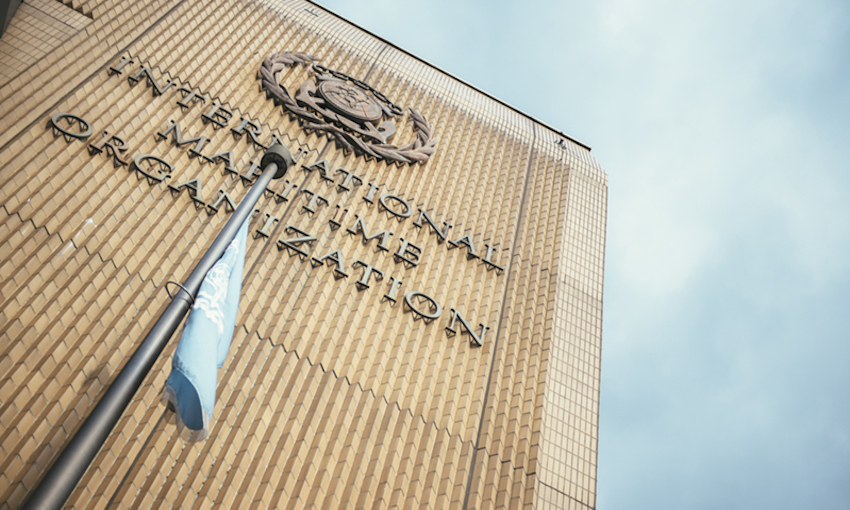THE INTERNATIONAL Maritime Organization has updated its facilitation convention to mandate single window data exchange in ports, tackle maritime corruption and maintain port operationality during public health emergencies.
The Convention on Facilitation of International Maritime Traffic (FAL) contains standards for simplifying formalities, documentary requirements and procedures on the arrival, stay and departure of ships.
The IMO said the convention has been updated continuously since it was adopted in 1965 to reflect advancements in digitalisation and automation in shipping. The most recent amendments were adopted at the FAL 46 session between 9 and 13 May.
Facilitation convention updates
The amendments update the FAL convention’s provisions on mandatory data exchange for ship clearance in ports around the world.
Once the amendment enters into force, likely in January 2024, it will be mandatory for public authorities to establish, maintain and use single window systems for the electronic exchange of information around the movement of ships in ports.
Public authorities will also be required to combine or co-ordinate the electronic transmission of data to ensure information is submitted only once, and thereafter reused to the greatest extent possible.
The committee also approved related guidelines on authentication, integrity and confidentiality of information exchanges via maritime single windows and related services, and revised guidelines for establishing a maritime single window.
Another amendment provides that governments and public authorities must allow ships and ports to remain fully operational during a public health emergency of international concern.
It intends to support the complete functionality of global supply chains, and extends to port workers and seafarers, who must be given key worker status regardless of their nationality or their ship’s flag.
The IMO said further updates to the FAL convention take a systemic approach in tackling corruption associated with the ship-shore interface in ports.
Under the amendment, governments will be required to encourage public authorities to assess the risks of corruption and implement measures to strengthen integrity, transparency and accountability.
Additional IMO updates
Additional amendments relate to maritime cyber risk management and the development of port community systems.
The committee also approved an updated version of the IMO Compendium on Facilitation and Electronic Business, which now includes data sets on ship reporting systems, ship and company certificates, ship registry and company details, inspections, and port state control inspection history data.
As recently reported, the committee also took action to prevent wildlife smuggling in global supply chains.
And, the FAL committee has approved the outcome of the regulatory scoping exercise which analysed relevant ship safety treaties to better understand how maritime autonomous surface ships (MASS) can be regulated.
The committee concurred with the establishment of an MSC-LEG-FAL joint working group on MASS to share advice and consider ways to address common issues identified by the three committees.





